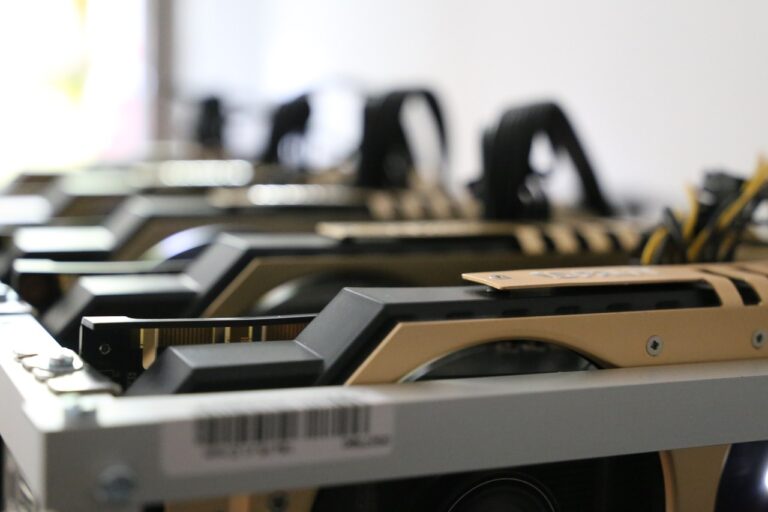Tiny Typo Empties Wallets
We all have our embarrassing moments. Sometimes you trip while walking or just choke on water. However, you feel relieved when you realize that nobody noticed. You release a sigh of relief and carry on with life. At the end of the day, we’re all human beings, and making errors is just a part of life. That’s how we grow and learn not to make that mistake again.
Some errors result in big disasters. The Mizuho Securities Typo Error is one of those.
History of Mizuho Securities
Some back story, the Japanese investment banking and securities company Mizuho Securities Co., Ltd. It belongs to Mizuho Financial Group as a fully owned subsidiary. Financial institutions, public enterprises, and institutional investors or firms are among the clientele of Mizuho Securities, which also offers consulting services for structured finance, debt and equity financing, and bond and stock trading. It also assigns buy and sell ratings to companies that are traded publicly. It was regarded as one of the “big four” companies that dominated Japanese trade at the beginning of the 2000s.
Everything was going smoothly and then, Mizuho had their “embarrassing moment”. An employee of Mizuho Securities mistakenly sold shares of J-COM Co., Ltd, a company that provides communication and broadcasting services, on the Tokyo Stock Exchange in December 2005, causing a loss of around 40.7 billion.
Now, let’s just make one thing clear, we’re not here to point fingers. We’re just stating as it is. However, one cannot disagree with the disaster this human error caused in the Japanese Market.
Everyone Gets a Share
Mizuho Securities accidentally ordered to sell 610,000 shares for one yen apiece rather than one share for 610,000 yen ($5,043) early on Thursday morning, the business stated at a late-night press conference. The little company’s shares fell by their daily maximum price move to $4,729 after the order, which was more than 42 times the amount of shares J-Com had outstanding.
Software glitches made the initial mistake worse by preventing Mizuho Securities from canceling the transaction when it realized the problem, which was found a minute and a half after it was made. The brokerage business was obliged to purchase back many of the shares at greater prices than it had sold them for after desperately attempting to cancel the transaction for nearly 30 minutes, according to Mizuho Securities. Although Mizuho Securities said it was able to purchase the majority of the shares it had promised to sell, it did not specify how many more it still needs to purchase.
All Falls Down

The Nikkei index fell by 301.3 points, or 1.9 percent, to 15,183.36, on speculation that there had been a massive trading error. Large drops in stock prices were experienced by financial services companies throughout the day as traders tried to figure out which company was responsible for the unusual trading patterns in J-Com shares. Shares of Nomura Holdings Inc. and E-Trade Securities Co., two of the main shareholders, declined 3.7 and 5.3 percent, respectively.
It was not until after the Tokyo market had closed that Mizuho Securities admitted that it was responsible for the error. Shares of its parent business finished the day down 3.4%. Taking onus after the damage is done. Classic corporate behavior. Well done, Mizuho!
They tried to take advantage of this chaos and tried gaining sympathy for people and thought if no one pointed out that someone needed to be held responsible, they could silently sweep it under the rug and try moving forward. The financial shock from this incident was so huge that it would be hard to just breeze through it.
Blame Game Ends
Just to lessen the burden of the blame for the “occurrence”, Mizuho tried to turn the focus of the conversation towards the functionality of the Tokyo exchange’s automated order-processing system since the system approved Mizuho’s order even though it was incorrect. The Tokyo exchange had already said that it was looking into the cause of the issue.
Even so, their concern was not wrong and they did ask the right question to tackle this situation that caused havoc in their financial state. Their first move should’ve been apologizing and owning their actions instead of backing out of the spotlight in hopes of running away from the situation.
It also brought to mind a technical gaffe made by Mizuho Financial in 2002. Many of the company’s automated teller machines were shut down at that time due to a problem merging the computer systems of the three banks that had combined to become Mizuho.
Through its fully-owned subsidiary Mizuho Corporate Bank, Mizuho Financial owns 82 percent of Mizuho Securities. The remaining 18 percent is held by Norinchukin Bank, the major parent institution of Japan’s agricultural cooperatives. A simpler expression for those baffled by the numbers, their financial relation could be viewed as Mizuho Financial being the older cousin of Mizuho Securities.
Looking at Losses
In the end, Mizuho Securities faced a loss of over $200 million. The Japanese government has called for an investigation into how the stock exchange’s computer system missed an utterly nonsense deal. The annual staff party at Mizuho was canceled that year and the Christmas bonuses probably were not as generous.
The fact that they had to cancel their annual staff party that year could be predicted by a 5-year-old as well. However, this also highlights the hierarchy that exists in the work culture of Japan if not just Asia, that when even the smallest of blunders occur, it is taken out on the employees working at lower levels or who barely have any say in the working of their respective corporation.
Regardless, coming back to the main issue. The employee was most probably fired for this tiny typo. Thus, leading Mizuho Securities to have its embarrassing moment.








